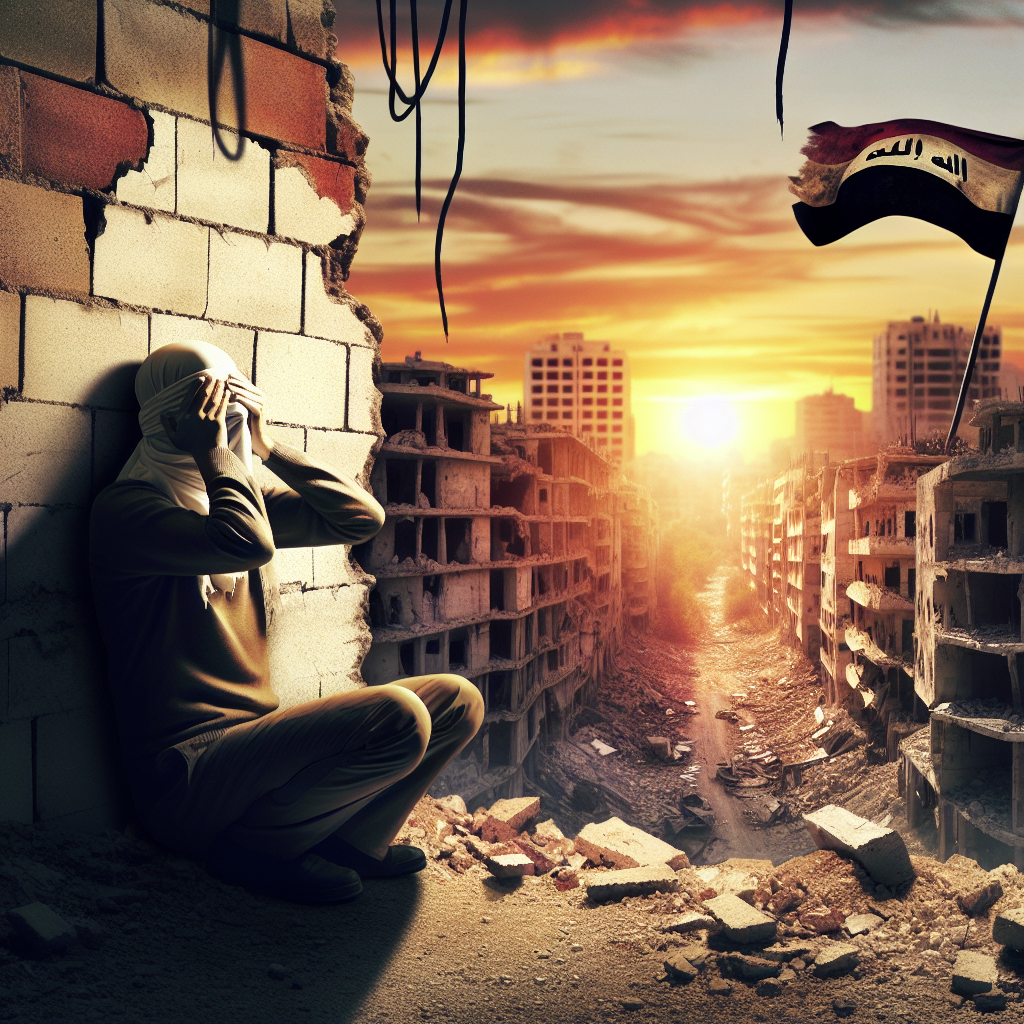The Necessity of Self-Deception for Survival in Gaza
The Necessity of Self-Deception for Survival in Gaza
Understanding the Context
Gaza, a region marked by prolonged conflict and hardship, presents a unique psychological landscape where survival often hinges on the ability to maintain hope amidst despair. The concept of self-deception emerges as a crucial coping mechanism for its inhabitants.
The Role of Self-Deception
In the face of relentless adversity, self-deception serves as a psychological tool that enables individuals to navigate daily life. This mechanism allows people to:
- Maintain a sense of normalcy despite ongoing conflict.
- Foster hope for a better future, which is essential for mental health.
- Protect themselves from the harsh realities that could lead to despair.
Psychological Insights
Experts suggest that self-deception is not merely a denial of reality but a strategic adaptation. It involves:
- Selective attention to positive aspects of life.
- Reframing negative experiences to find meaning or purpose.
- Creating narratives that support resilience and perseverance.
Implications for Mental Health
The necessity of self-deception in Gaza highlights broader implications for mental health strategies in conflict zones. It underscores the importance of:
- Developing mental health interventions that respect cultural and situational contexts.
- Encouraging adaptive coping mechanisms that support psychological resilience.
- Recognizing the role of hope and optimism in sustaining communities under duress.
Conclusion
In summary, self-deception in Gaza is a vital survival strategy that allows individuals to cope with the harsh realities of life in a conflict zone. By fostering hope and resilience, it plays a crucial role in maintaining mental health and supporting the community’s endurance. Understanding and supporting these psychological adaptations can inform more effective mental health interventions in similar contexts worldwide.






































